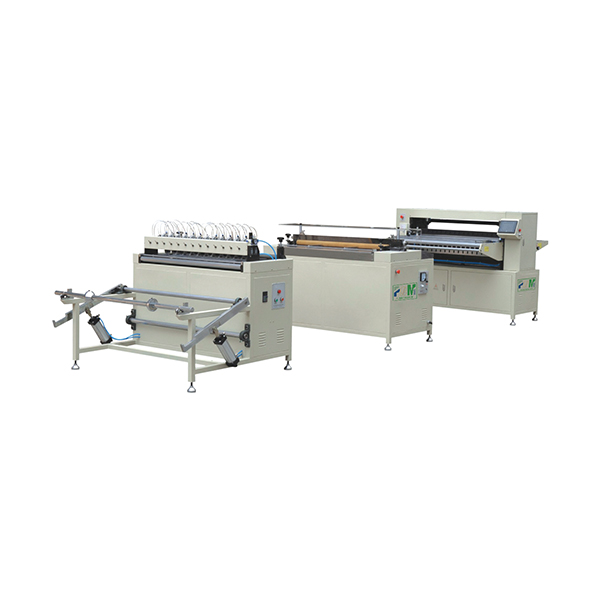Desemba . 13, 2024 08:19 Back to list
industrial ceramic filter products
Industrial Ceramic Filter Products A Deep Dive into Technology and Application
In today’s rapidly evolving industrial landscape, the demand for efficient filtration systems has become crucial across various sectors, including wastewater treatment, chemicals, food and beverage, and pharmaceuticals. Industrial ceramic filter products have emerged as a leading solution due to their superior performance, durability, and environmental benefits. This article explores the intricacies of ceramic filters, their manufacturing process, advantages, and applications in various industries.
Understanding Industrial Ceramic Filters
Ceramic filters are made from inorganic materials, predominantly alumina, silicon carbide, and other ceramic compounds. These filters operate using a combination of mechanical, biological, and chemical filtration processes, offering high levels of efficiency in removing impurities, particles, and contaminants. They are characterized by their porous structure, which allows liquid to flow through while retaining solid particles.
One of the hallmark features of ceramic filters is their high-temperature resistance and excellent mechanical strength. This makes them particularly suitable for harsh industrial applications where other materials might fail. The versatility of these filters allows them to be manufactured in various shapes and sizes, catering to specific filtration needs across different industries.
Manufacturing Process
The production of industrial ceramic filters involves several key steps. Initially, raw materials are carefully selected and blended to achieve the desired chemical composition. This mixture is then shaped into the desired form using techniques such as extrusion, casting, or pressing. After shaping, the filters undergo a drying process to remove any moisture content, followed by a sintering phase. Sintering involves heating the material at high temperatures to create strong bonds between the particles, enhancing the filter's structural integrity.
Following manufacturing, the ceramic filters are subjected to rigorous quality control testing. These tests measure parameters like porosity, permeability, and mechanical strength to ensure that the final products meet industry standards and customer expectations.
Advantages of Ceramic Filters
1. Chemical Resistance Ceramic filters are highly resistant to a wide range of chemicals, making them ideal for use in aggressive environments where other filter materials might degrade.
2. Temperature Tolerance They can withstand high temperatures, which is essential for applications involving steam, hot gases, or processes that generate significant heat.
industrial ceramic filter products

4. Efficient Filtration With their fine pore structure, ceramic filters can achieve high levels of filtration efficiency, capturing even the smallest particulates.
5. Sustainability As ceramic filters are made from natural materials and are fully recyclable, they present a greener alternative to synthetic filters, aligning with sustainability goals of modern industries.
Applications Across Industries
The application of industrial ceramic filters spans numerous sectors, highlighting their versatility and efficiency
- Wastewater Treatment In municipal and industrial wastewater facilities, ceramic filters are utilized for solids separation and water purification, helping meet environmental regulations.
- Food and Beverage In the production of beverages such as wine and beer, ceramic filters play a crucial role in removing yeast and other particles, ensuring product clarity and quality.
- Pharmaceuticals The stringent quality requirements in the pharmaceutical industry necessitate the use of ceramic filters for sterile filtration, ensuring that the final products are free from contaminants.
- Chemical Processing In the chemical industry, these filters can handle aggressive fluids and ensure the separation of solid particles from liquids, contributing to the efficiency of chemical reactions.
Conclusion
As industries continue to seek innovative solutions to improve efficiency, sustainability, and compliance with regulatory standards, industrial ceramic filters stand out as a robust option. Their unique combination of durability, efficiency, and environmental friendliness makes them an essential component in modern filtration systems. By investing in ceramic filter technology, companies can not only enhance their production processes but also contribute towards a sustainable future. As the demand for high-quality filtration systems grows, the role of industrial ceramic filters is poised to become even more prominent in the marketplace.
-
Cheap PLJY109-500 Full-Auto HDAF Expanded Mesh Spiral Coiling Machine - High Efficiency & Quality Manufacturer
NewsJul.08,2025
-
Best PLHJ-6 Full-Auto Eco Filter Rotary Heat Plating Machine - High Efficiency & Eco-Friendly Solution
NewsJul.08,2025
-
High-Efficiency Paper Pleating Machine for Filters Trusted Filter Paper Pleating Machine Company
NewsJul.07,2025
-
High-Performance Oil Filter for Cadillac ATS – Reliable Engine Protection Solutions
NewsJul.07,2025
-
High Quality PU Glue for Filters – Reliable Filter Glue Supplier & Exporter Get PU Glue Quotes Now
NewsJul.07,2025
-
China PLJL-4 Seal Leakage Tester for Spin-On Filter - High-Precision Multi-Station Testing Solutions
NewsJul.06,2025
